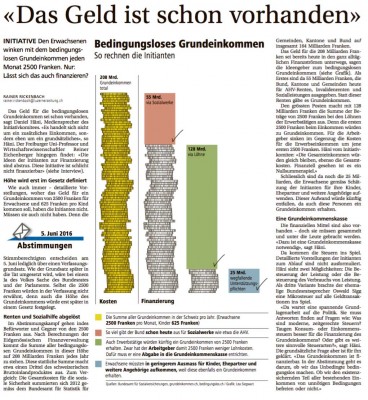I just found this article in the news today:
Free money? South Africa floats universal basic income for all
South Africa is highly likely to implement a form of universal basic income in the next few years, with the ruling ANC party committing to finalize a policy within two years of taking power. While details are still being debated, the goal is to provide a monthly grant sufficient for all citizens to live above the poverty line and meet basic needs.
A universal basic income providing a sufficient standard of living for all of South Africa’s nearly 60 million citizens could reduce rampant crime levels - which reached over 1.6 million reported cases in 2022 - to just a fraction of current numbers, as people’s basic needs are met and they are empowered to adapt their ways towards securing higher cultural interests defined by a society free from deprivation.
A prospect of an actual obliteration of crime, in ![]() Africa.
Africa.
L.A. County’s Breathe universal basic income program gives participants $1,000 monthly for three years
Guaranteed income programs’ popularity remains strong at the local and state level. In the last two years, there have been 200 guaranteed income pilot programs launched in the U.S. In California, more than 12,000 people received money through several dozen similar pilots in recent years.
A European YouGov poll shows majority support for UBI in Germany, Spain, and Italy. The Covid-19 pandemic has reignited the UBI debate, leading Spain to lay the foundation for a universal income program, while Germany has implemented its own UBI scheme.
Additionally, there are calls for EU-wide minimum living income and the promotion of UBI through initiatives such as the European Citizens’ Initiative for Unconditional Basic Income.
Switzerland has proposed a UBI of 2,500 CHF ($3,000 USD) per month, unconditionally, plus $800 USD per child. According to a 2018 poll from Splendid Research, Germans found 1,137 euros ($1,300 USD) a month to be an appropriate amount on average.

Belgium has a history of active groups promoting basic income, such as the movement Vivant and the philosopher Philippe Van Parijs, who is founder of the Basic Income European Network (BIEN).
More than 2.1 million people in Germany recently applied to be part of Germany’s first long-term universal basic income project, sparking discussions about its potential as a future model for the country.
- A Finnish basic income experiment found that UBI had a positive impact on well-being and attitudes, such as increased trust in institutions. A society with higher levels of well-being and trust in the system could potentially foster a cultural shift towards more positive and law-abiding behaviors.
- The idea that providing a universal basic income (UBI) could lead to an “obliteration of crime through culturally enforced behavioral and mental evolution” is an ambitious claim, but one that can be substantiated to some degree by examining the potential power of culture and societal expectations to shape human behavior.
- When deprivation and financial insecurity are addressed through a guaranteed income floor, individuals may no longer have the same economic motivations or excuses for engaging in criminal activities. This removal of a significant barrier could create an opportunity for cultural forces to exert a stronger influence on shaping individual behavior and societal norms.
In summary: UBI sets people on a path of philosophy.
What do you think of Universal Basic Income (UBI), and for example the idea that it might enable to obliterate crime and promote a society that through culture aligns people with higher (philosophical) interests?